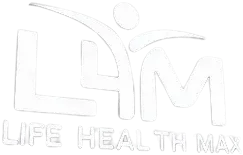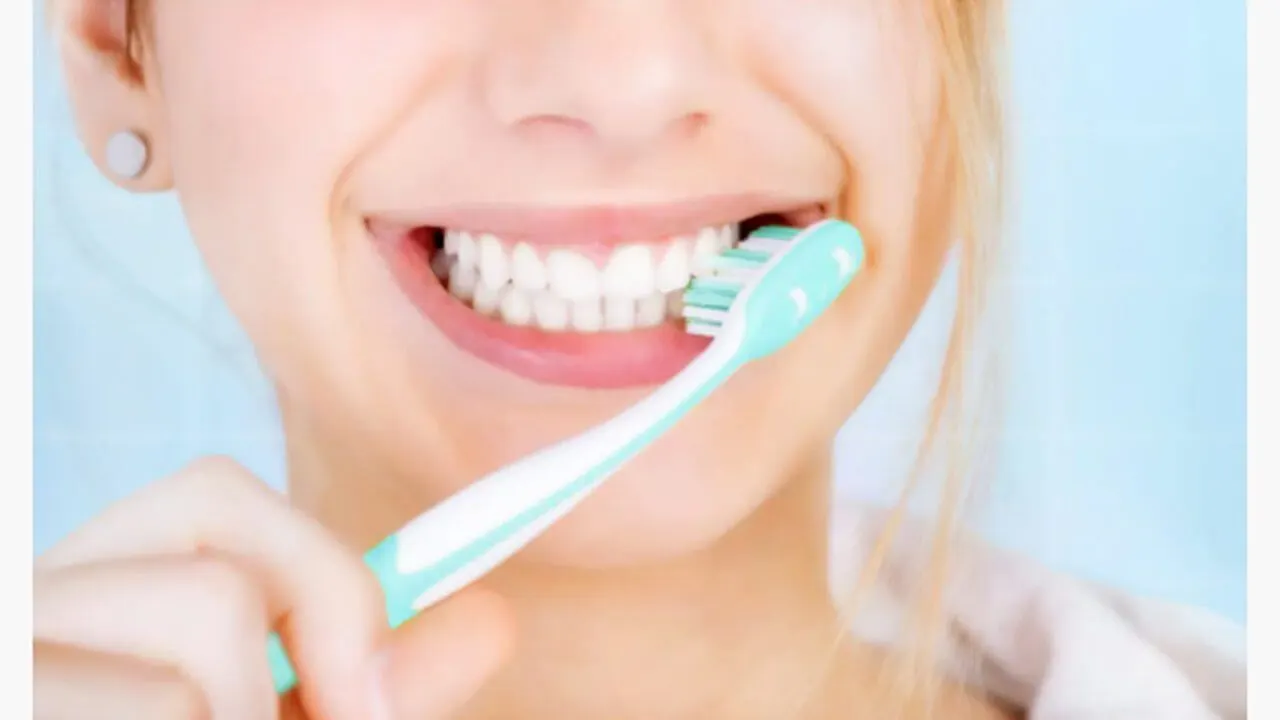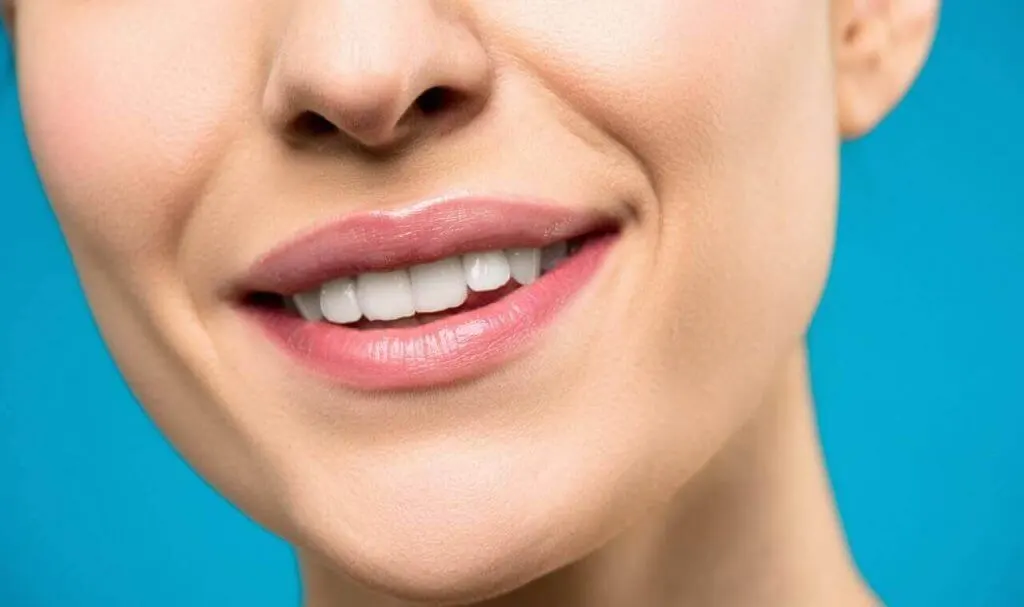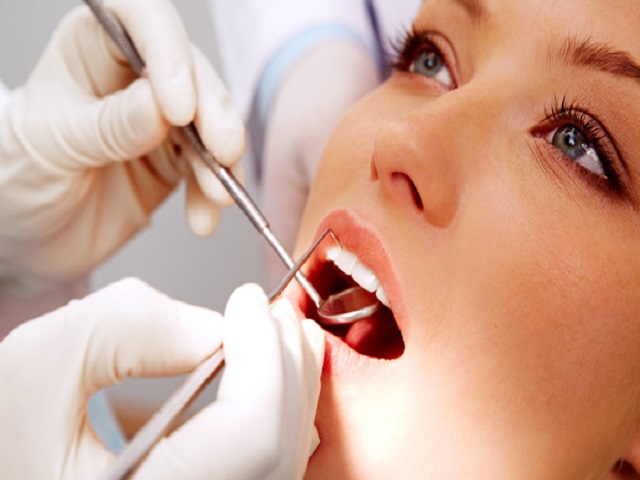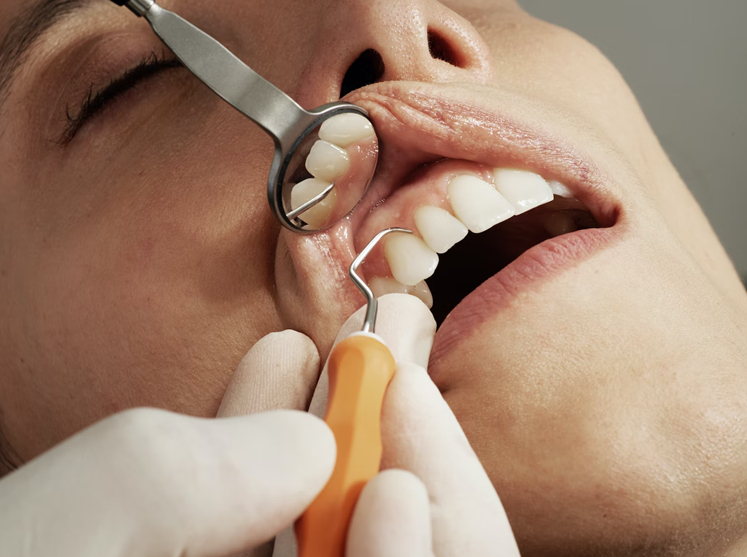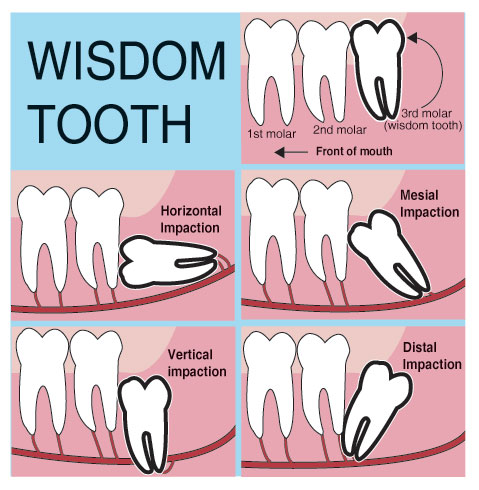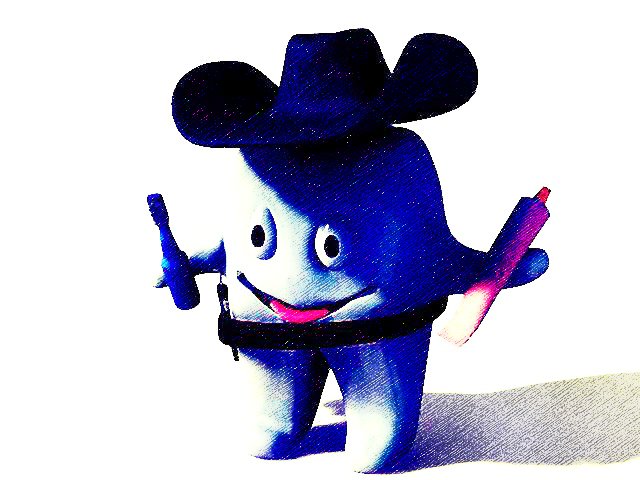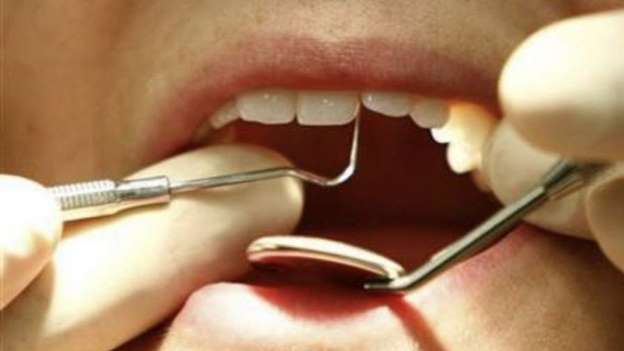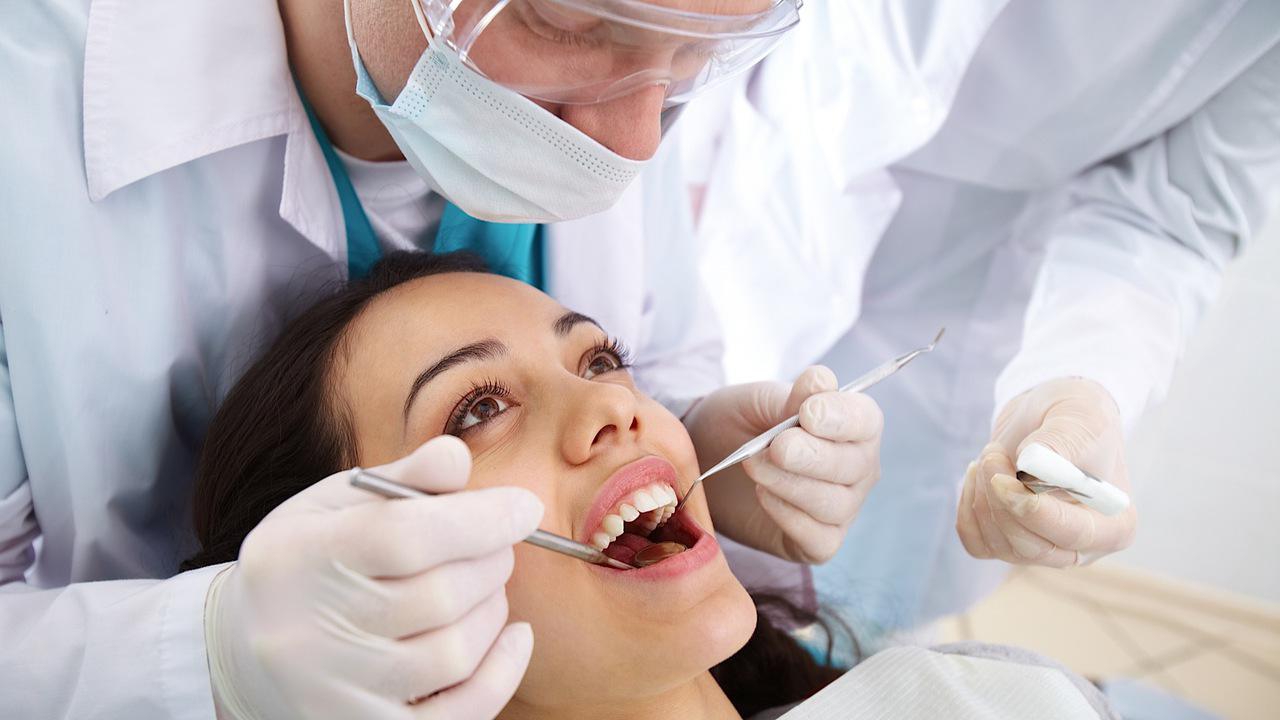Your teeth are designed to bite, chew, and help you speak, but they are not built to function as tools for tasks like opening bottles, cutting tape, or tearing packaging. Yet, many people use their teeth for these purposes without realizing the potential damage they are causing. While it may seem convenient at the moment, using your teeth as tools can lead to serious dental issues that affect both the health and aesthetics of your smile.
In this article, we will explore the dangers of using your teeth for non-food items, with expert insights from Dr. Sahil Patel of Marylebone Smile Clinic.
At Marylebone Smile Clinic, Dr. Sahil Patel regularly treats patients who have suffered damage from using their teeth improperly. In many cases, the damage can be repaired with treatments like dental bonding, crowns, or veneers in London, but preventing the damage in the first place is always the best approach.
Understanding these risks can help you avoid unnecessary damage and protect your teeth from long-term harm.
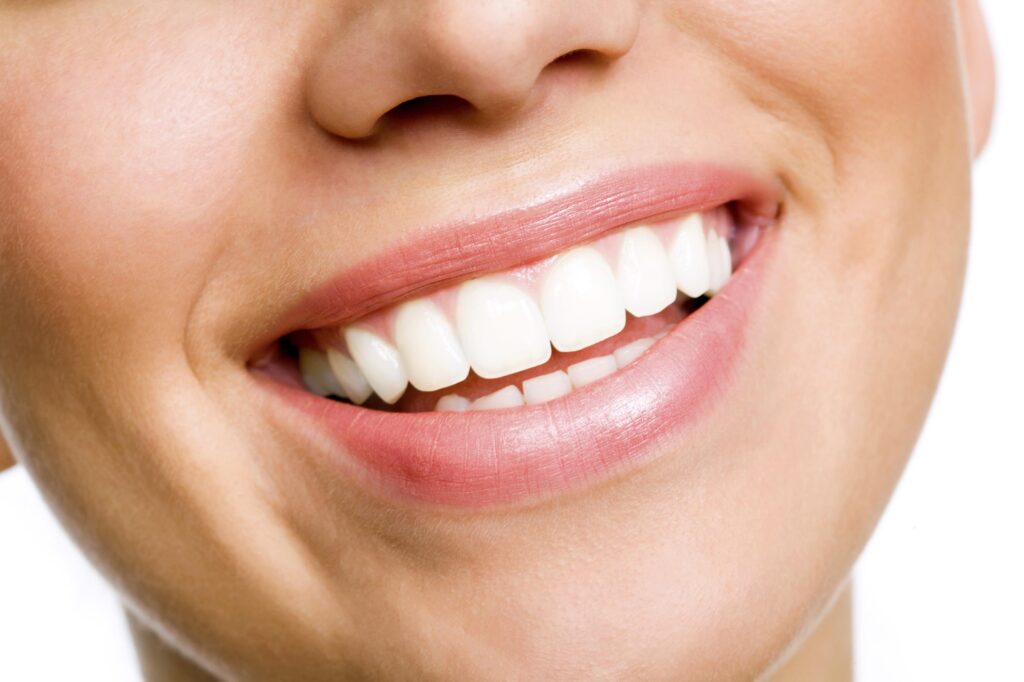
Content
The Structure of Teeth: Why They Aren’t Meant for Tough Tasks
Teeth are made up of several layers, each with a specific function in helping you chew and process food. The outer layer, called enamel, is the hardest substance in the human body, designed to withstand the forces of chewing. Beneath the enamel lies the dentin, a softer layer that provides support and protects the pulp, which contains nerves and blood vessels.
While enamel is strong, it is not invincible. It can wear down or crack when subjected to forces that it wasn’t designed to handle. Using your teeth to perform tasks they weren’t meant for puts immense pressure on them, increasing the risk of fractures, chips, and other forms of damage.
Common Habits That Harm Teeth
Many people are guilty of using their teeth for non-food purposes, often out of convenience or habit. Some of the most common ways people misuse their teeth include:
Opening Packaging
One of the most frequent uses of teeth as tools is tearing open packaging, whether it’s a snack bag, plastic wrapper, or piece of tape. While this may seem harmless, the force exerted on the teeth can lead to cracks or chips, particularly in the front teeth, which are thinner and more vulnerable to damage.
Opening Bottles or Containers
Some individuals use their teeth to open bottles, particularly when a bottle opener isn’t readily available. This is one of the most dangerous habits, as the hard metal cap of a bottle can easily crack or fracture teeth. Additionally, the twisting or levering motion can damage the alignment of the teeth or even dislodge them from their sockets.
Cutting Tape or Thread
Using your teeth to cut pieces of tape, thread, or other thin materials can also cause damage. While these materials may seem soft, the repeated action of clenching and pulling can wear down enamel over time, weakening the teeth and making them more susceptible to cavities and other issues.
Holding Objects
Some people have the habit of holding objects, such as pens, hairpins, or even nails, between their teeth while working with their hands. This habit not only introduces foreign materials and bacteria into the mouth but also puts constant pressure on the teeth, increasing the likelihood of chips or fractures.
Chewing on Non-Food Items
Chewing on non-food items like fingernails, pencils, or ice can cause small cracks in the enamel, known as craze lines. Over time, these small cracks can become larger, leading to chips or more significant damage that may require restorative treatment.
The Risks of Using Teeth as Tools
Using your teeth as tools can lead to a range of dental problems, some of which may require extensive treatment to correct. Here are some of the most common risks associated with these habits:
Cracked or Chipped Teeth
One of the most immediate risks of using your teeth as tools is cracking or chipping them. Even small chips can affect the appearance of your smile and make the teeth more vulnerable to decay or further damage. In more severe cases, a crack may extend into the root of the tooth, leading to pain and requiring more invasive treatments like root canals or crowns.
Worn Enamel
Repeatedly using your teeth to perform tasks like tearing or cutting can wear down the enamel over time. Once enamel is lost, it doesn’t regenerate, leaving your teeth more vulnerable to cavities, sensitivity, and discoloration. Worn enamel also affects the strength of the teeth, making them more prone to fractures.
Tooth Displacement
Using your teeth to apply force, such as twisting or pulling, can cause them to shift out of alignment. This can lead to a misaligned bite, which can cause problems with chewing, speaking, and even lead to temporomandibular joint (TMJ) disorders. In extreme cases, excessive force can dislodge a tooth entirely.
Increased Risk of Infection
When you use your teeth to handle non-food items, you introduce foreign bacteria into your mouth. These bacteria can cause infections in the gums or soft tissues, leading to pain, swelling, and other complications. Additionally, any cracks or chips in the teeth create entry points for bacteria, increasing the risk of tooth decay or abscesses.
Gum Damage
Using your teeth as tools can also damage your gums. For instance, biting down on a hard object or cutting into a package could cause the object to slip and cut into the gums, leading to soreness or bleeding. Over time, repeated trauma to the gums can contribute to gum recession, increasing the risk of sensitivity and gum disease.
The Long-Term Consequences of Dental Damage
The consequences of using your teeth as tools may not always be immediately apparent, but the damage can accumulate over time, leading to more serious problems. Once a tooth is cracked or chipped, it is more susceptible to decay, infection, and further fractures. Additionally, cosmetic concerns, such as worn or uneven teeth, can impact your confidence and make you self-conscious about your smile.
How to Protect Your Teeth: Practical Tips
While it may be tempting to use your teeth as tools in a pinch, it’s important to remember that the risks far outweigh the convenience. Here are some practical tips to protect your teeth and avoid unnecessary damage:
Use the Right Tools for the Job
Keep scissors, bottle openers, and other tools easily accessible so you’re less likely to rely on your teeth to do the job. If you often find yourself using your teeth to open packages or tear tape, consider keeping a small tool kit nearby for these tasks.
Break Bad Habits
If you have a habit of chewing on pens, biting your nails, or holding objects between your teeth, try to break the habit by keeping your hands or mouth occupied with other activities. Chewing sugar-free gum can help reduce the urge to chew on non-food items.
Be Mindful of Stress-Related Habits
Stress often leads to unconscious habits like nail-biting or chewing on objects. Finding healthy ways to manage stress, such as deep breathing exercises or mindfulness techniques, can help reduce the likelihood of engaging in these harmful behaviors.
Visit Your Dentist Regularly
Regular dental checkups are essential for maintaining the health of your teeth and catching any early signs of damage. If you’ve already chipped or cracked a tooth, a cosmetic dentist can provide restorative treatments to repair the damage and prevent further complications.
Consider Protective Measures
If you frequently engage in activities that could put your teeth at risk, such as certain sports or occupations, consider wearing a mouthguard. A custom-made mouthguard can provide an extra layer of protection for your teeth, reducing the risk of injury.
Conclusion: Teeth Are Not Tools
Your teeth are invaluable assets designed to help you eat, speak, and smile confidently. However, using them as tools for non-food items can lead to a host of dental problems, from cracks and chips to more severe issues like tooth displacement and gum damage. While the damage may not always be immediate, the long-term consequences can be significant, requiring costly and extensive dental treatments to repair.
By using the right tools for everyday tasks and avoiding harmful habits, you can ensure that your teeth remain strong and functional for years to come.

Carl Clay is a health blog author who has been writing about nutrition, fitness and healthy living for over 10 years. He also loves to run, hike and bike with her wife.
